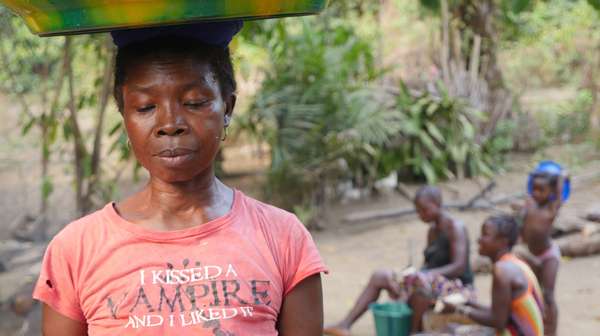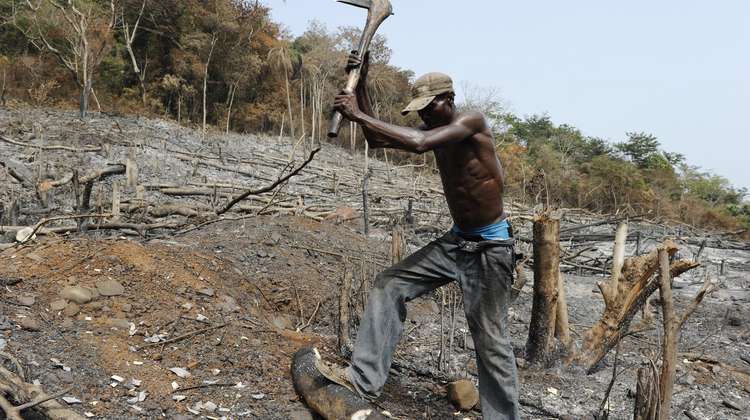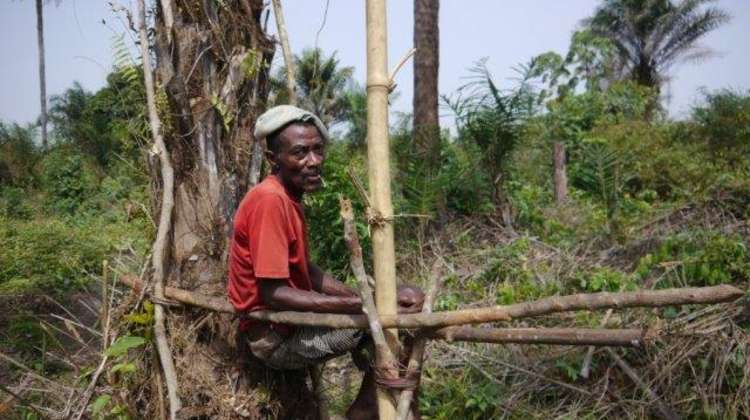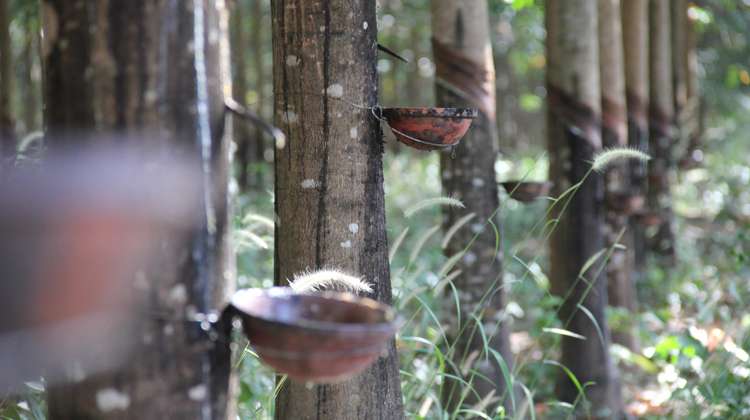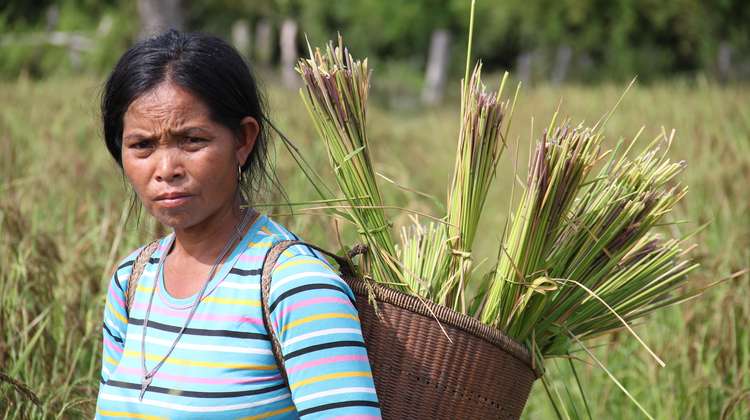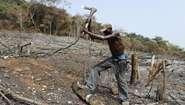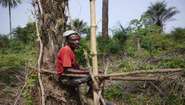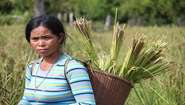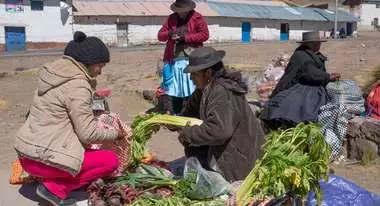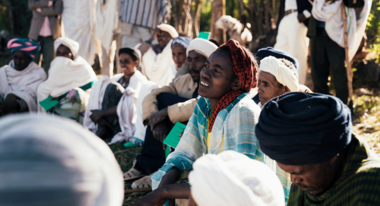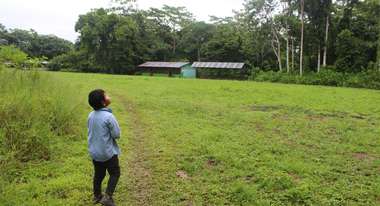Land grabbing leads to hunger
Conflicts Due to Landgrabbing
Report: Only one-fifth of common land is protected against land grabbing / NGOs launch global call for action.
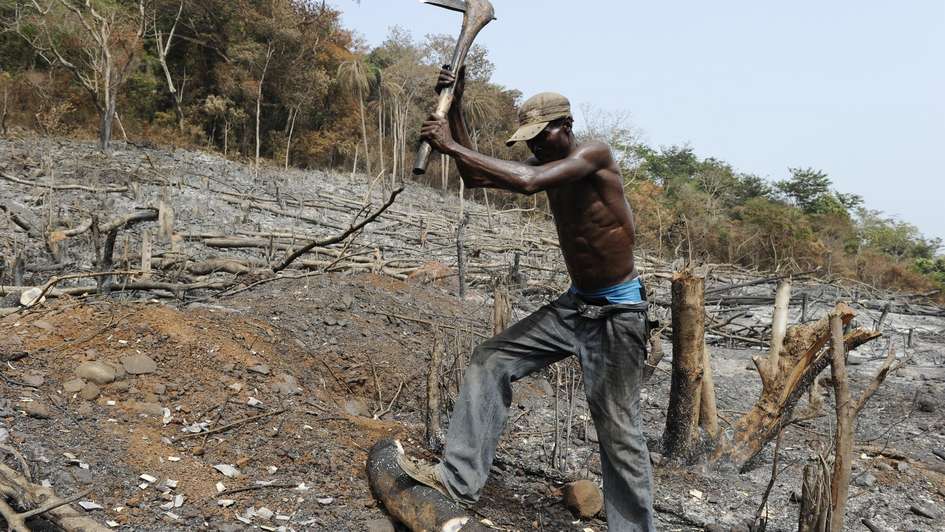
Only one-fifth of the land cultivated by rural and indigenous communities in developing countries is legally protected from land grabbing by governments and companies. Since 2002, nearly one thousand people have been killed as a result of violent land conflicts. This is revealed in the report "Common Ground", which has been published today by an alliance of non-governmental organisations. It is connected with a call for action for the protection of land rights, with which more than 300 organisations worldwide have aligned themselves, including Oxfam and Welthungerhilfe. The two organisations are demanding greater international efforts from the Federal Government to protect land rights.
"No land, no life"
According to the report, around 2.5 billion people across the world use fifty per cent of the land area in accordance with common law. But only one-fifth of these land rights are formally secured. "More justice and less social inequality in the countryside can only be achieved with secure land rights", explains Oxfam's agricultural expert Marita Wiggerthale. The lack of protection of these land rights has serious consequences: Since 1990, conflicts over land rights have frequently been at the centre of civil wars. In Darfur, for example, the break-up of the traditional land ownership structure triggered conflicts between pastoralists and farmers. Globally, land conflicts are becoming increasingly acute, particularly in Brazil, Honduras, Peru and the Philippines. Since 2002, the number of people killed in the struggle for land rights has been increasing.
In addition, insecure land rights mean reduced protection from land grabbing by mining or agricultural companies, which appropriate forests, grazing grounds or agricultural land with the help of governments and local elites. "No land, no life", says Marion Aberle, Welthungerhilfe land rights expert. "Social disruption, hunger and poverty are the result."
Call for action
The aim of the call for action is to double the proportion of formally secured land rights of indigenous and rural communities by 2020. Land rights are not only a human right, but are also an important condition for the reduction of poverty and hunger and for the protection of natural resources and biological diversity. Oxfam and Welthungerhilfe are therefore also asking the German Federal Government to strengthen its support for programmes for protection of land rights. In addition, the 2012 UN guidelines on responsible land policy must be consistently implemented.
Background
There is no comprehensive data on the extent of land grabbing. A database, The Land Matrix, documents more than 1000 extensive land acquisitions with a surface area of 41.8 million hectares, an area larger than Germany. In the majority of cases, the land was already in the possession of rural communities and indigenous peoples or was occupied or used by them. Corporations have set their sights on African countries in particular, where land rights are the least secure.
The report "Common Ground" was published by the International Land Coalition (ILC), Oxfam and the Rights and Resources Initiative (RRI). The global call for action will be supported in Germany by the Institute for Advanced Sustainability Studies (ASS) and the League for Pastoral Peoples, as well as by Oxfam and Welthungerhilfe.
Positive country examples: Mongolia, Guatemala, Sri Lanka
Peace in the affected countries is only possible if land conflicts are settled in a manner that is acceptable for all involved parties. The report provides examples of the positive effect that can come from secured land rights:
- Mongolia: After decades of state control, followed by a phase of privatisation, Mongolia is now handing over public pasture land to the responsibility of communities. Old land administration structures are thus revived. The result: The degradation of soil conditions could be significantly reduced and incomes of the participating communities are increased by 50 per cent.
- Guatemala: In the Maya Biosphere Reserve, as a measure against the deforestation of the rainforest, communities are permitted the small-scale use of the forest. As a result, the deforestation rate in this part of the rainforest remained twenty times lower than in two other parks. Land rights mean that these natural resources are better protected.
- Sri Lanka: When the military in Sri Lanka drove out residents from their land on the east coast in 2011 in order to build a tourist site, the women of the Paanama area responded with public campaigns and legal action. They took the case to court, submitted a petition to the national human rights commission and allied themselves with other groups. At the start of 2015, the new government ordered the land to be returned to the community.
Welthungerhilfe is one of the largest private aid organisations in Germany; politically independent and non-denominational. It is fighting for ‘Zero Hunger by 2030’. Since its establishment, more than 8,500 overseas projects in 70 countries have been supported with 3.27 billion euros. Welthungerhilfe works on the basic principle of help for self-help: from rapid disaster relief to reconstruction and long-term development cooperation projects with national and international partner organisations
On request, we provide further material. You can contact us here.





